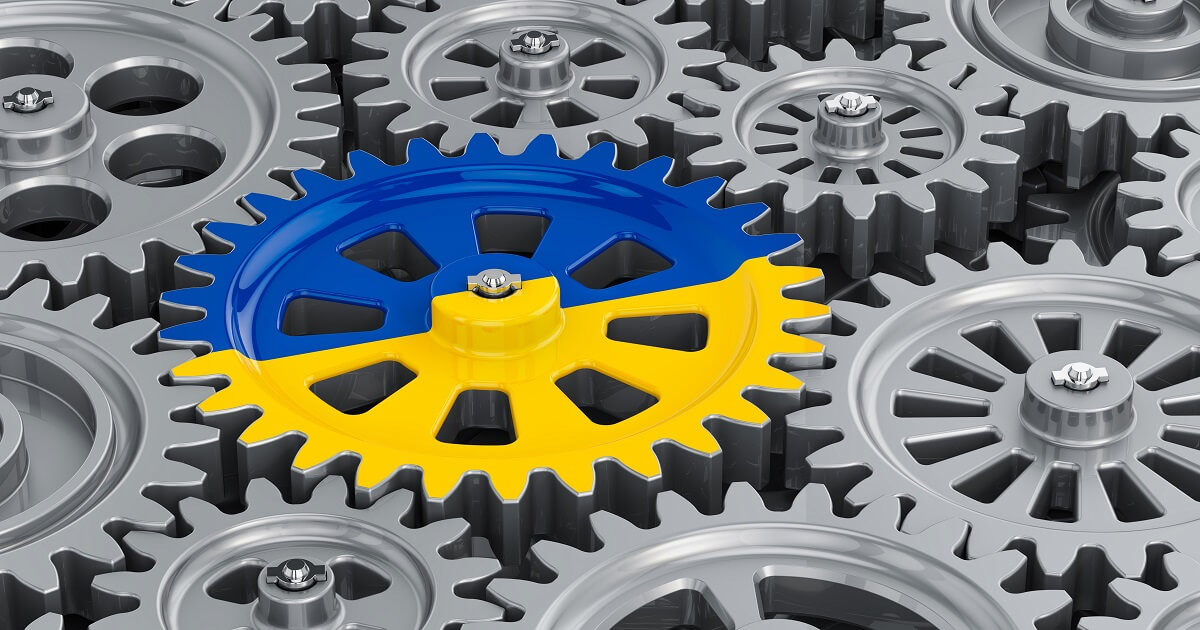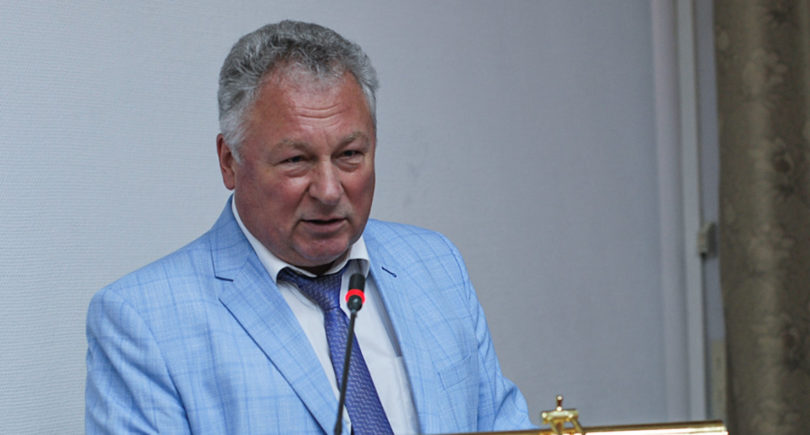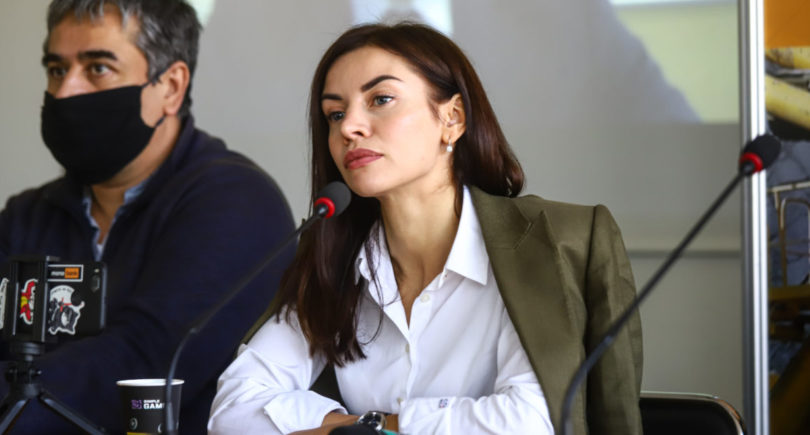
It is necessary to think over compensatory mechanisms to support the operation of steelmaking companies
We all realize the huge risks for the Ukrainian economy associated with the introduction of the Carbon Вorder Аdjustment Мechanism (СВАМ). In addition to direct losses, there are risks of chronic underfunding. Over the next 10 years, an enormous financial burden will be placed on Ukrainian companies due to the implementation of EU environmental directives, launch of BAT (best available techniques), ambitious goals of the Second Nationally Determined Contribution (NDC-2), and responsibility of producers in terms of waste management. Steel producers will need $5–10 billion to meet these requirements in addition to capital expenditures for the maintenance and development projects.
As a result, domestic steelmakers, affected by all these new environmental challenges, might lose competition to their foreign competitors, while the lack of capacities to meet the BAT requirements timely and in full will lead to suspensions and shutdowns.
The introduction of the CBAM will apparently increase the competitiveness of European producers. Three years ago, EUROFER claimed that European steelmakers are in a non-competitive position due to lower environmental costs of importers. Even so, EU companies have their own competitive advantages, such as access to cheap funding and government subsidies, protected domestic markets, etc. One market injustice is therefore fully counterbalanced by other injustices. One needs to look at the whole range of issues, not just at environmental fees.
Nobody will compensate us for the existing imbalance. Nobody will give our enterprises access to cheap funding, EU funds and subsidies. Ukraine is trapped ‘between two fires’: we still have a lot of problems to resolve and will have additional money to pay.
It is extremely important that Ukraine’s environmental commitments be realistic. The Ministry of Environment and Natural Resources has sent the draft NDC-2 to executive authorities for approval. This project is extremely ambitious — in fact, it is not even overoptimistic, but fantastic. Therefore, I would like to ask the authorities and MPs to send the document for finalization.
First, it is necessary to develop an economic model, verify it with the business community, and then draw up a project. The EU wants the document to be adopted until 31 July, but in fact the deadline could be extended until 31 October. We still have time. And there is no need to put the carriage before the horse as our officials often like to do. It is better to do it thoughtfully, taking into account the real state of affairs and the capabilities of the industry.
Why is it important? First of all, in order to keep the arguments anchored in the negotiations with the EU. If we have an appropriate emissions trading mechanism, this will probably be one of the arguments for the EU that we are moving in the right direction, that we have tools to encourage companies’ investments in energy efficiency and cut their СО2 emissions. This mechanism is much more flexible and efficient than the system of СО2 taxes.
Secondly, as soon as the emissions trading mechanism is launched in Ukraine, our companies should still have a possibility to get free emission allowances under Ukraine’s country quota. Indeed, over 90% of emissions in the EU are covered by free allowances.
It is important to remind the EU about the amount of Ukraine’s reduction in emissions compared to 1990. In other words, Ukraine has already made a huge contribution to global decarbonization at the expense of our destroyed industry.
Moreover, every dollar invested in environmental modernization in Ukraine reduces CO2 emissions much more than the same investments in the EU. It is because the EU has already come a very long way in this direction. So, if the Union is really concerned over making Europe carbon neutral by 2050, it should consider Ukraine as part of Europe. Of course, if the CBAM is a matter of climate, not trade restrictions, as the European Union claims.
The introduction of the CBAM will deal a heavy blow to the global economy. Perhaps the EU will find arguments to show that the CBAM is compatible with the WTO rules or the ‘letter of the law’, but it will definitely be incompatible with the spirit of free trade.
The imposition of carbon tax by the EU will set off a chain reaction in global trade. Other countries will be forced to apply retaliatory trade measures and mechanisms. These are real sentiments that I witnessed at a recent meeting of the World Steel Association with industry associations from different countries.
This could hit the entire global trade and, above all, Ukraine. It is because in the CBAM framework, Ukraine much stronger depends on trade with the EU than other countries. The price at stake is higher for us, and therefore Ukraine should have stronger motivation in defending its interests and developing a correct CBA mechanism.
Even if everything goes better than expected now (if the adverse effects are not that strong), the introduction of the CBAM will toughen competition in all other markets. All products that would be squeezed out of the EU will go to the markets in which we are now competing.
The finalized CBAM is expected to be disclosed in June. Let’s wait and see what it’s going to mean for Ukraine. Though we do not know yet what the CBAM model will be, its launch may worsen Ukraine’s global position in all its aspects. And now we need to think over possible compensatory mechanisms to maintain the operation of our steelmaking companies.




